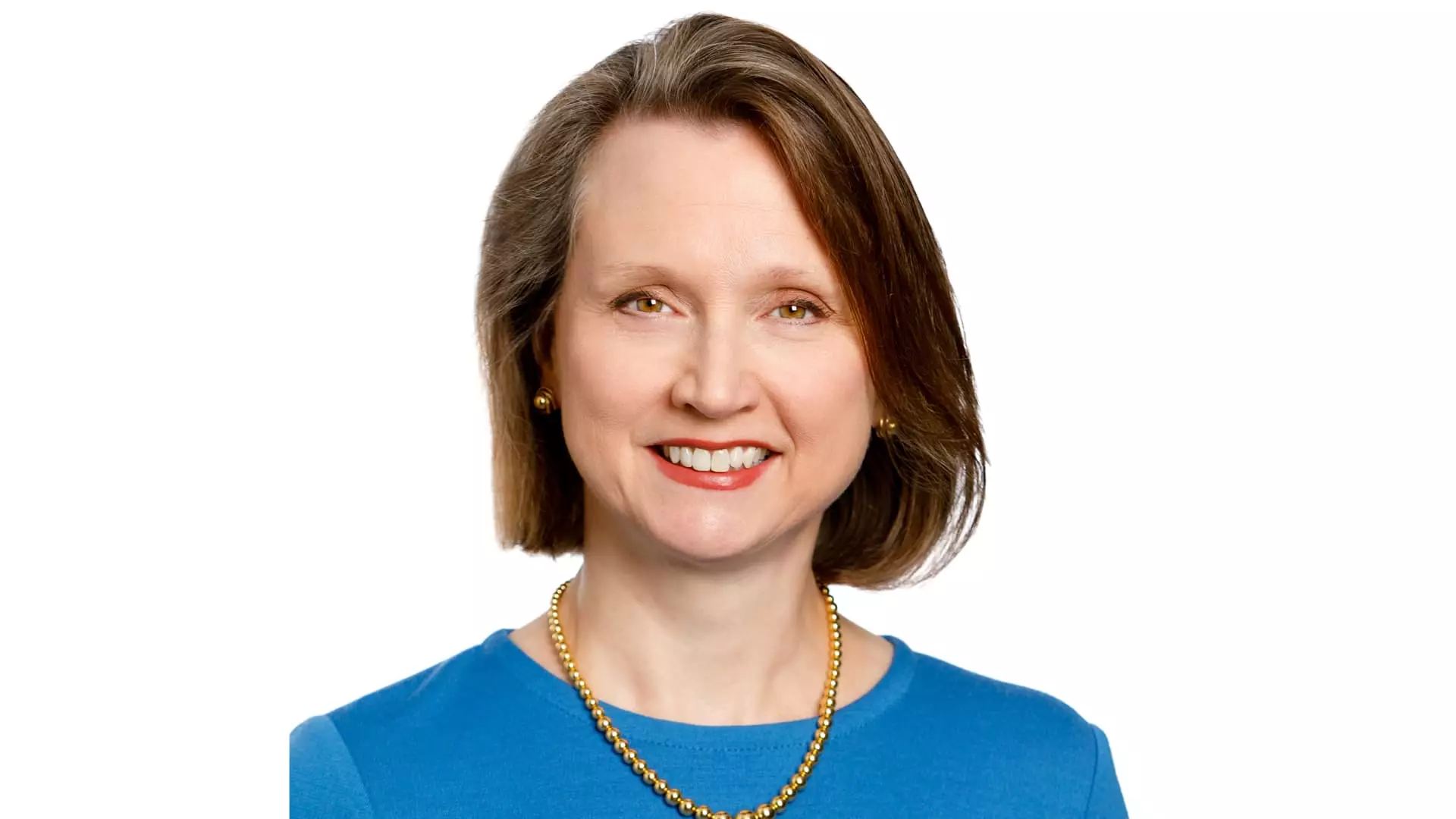7 Reasons Why Kathryn Glass’ Journey in Finance is a Game-Changer

In the realm of finance, it is common to see individuals groomed from a young age for careers rooted in numbers and banking. Kathryn Glass, co-head of Federated Hermes’ high-yield fixed-income group, challenges this stereotype. Glass started her academic journey with a focus on Japanese language and literature, earning a Bachelor of Arts degree from the University of Pittsburgh and a Master’s from Cornell University. It wasn’t until she was deeply entrenched in her Ph.D. program that she made a pivotal decision to pivot away from academia and embrace the world of finance.
This shift exemplifies a broader theme: career paths are seldom linear, and often the most remarkable stories come from those who dare to venture off the beaten track. Glass’ initial passion for Japanese culture did not go to waste, illustrating that diverse backgrounds can lead to innovative and successful approaches in seemingly unrelated fields. Her unique story points to a growing recognition that skills can translate across disciplines in today’s economy.
The Fusion of Skills: Finance Meets Literature
What’s particularly fascinating about Glass’ transformation is her acknowledgment of the synergy between her humanities background and her financial career. In finance, the ability to interpret complex documents like 10-Ks and 10-Qs requires more than just quantitative skills; it requires a nuanced understanding of narrative, strategy, and, importantly, people. Glass recognizes this need, asserting that the “gray parts” of her work are where she and her team shine the most.
It is important to reflect on this aspect: the best analysts are not merely mathematicians; they are storytellers who can relay the tale of a company’s journey. This perspective is pivotal in high-yield investing, where understanding the management of a business and its trajectory often determines success. Glass combines analytical rigor with interpersonal acumen—an approach that stands out in a landscape often dominated by rigid number-crunching mentality.
Cautious Optimism in a Complex Market
Leadership in any sector demands the ability to navigate uncertain waters, and Glass is currently doing exactly that as she co-manages a team overseeing $13 billion in U.S. high-yield fixed income strategies. The economic climate has presented formidable challenges, with spreads—the excess return of junk bonds over risk-free Treasurys—tightening alarmingly. Glass acknowledges the current environment as a “Goldilocks-type scenario,” where one must question if they are being adequately compensated for risk.
Her cautious approach reflects a growing sentiment in the investment community; complacency is a dangerous game in an unpredictable market. Market valuations, she warns, have flirted with “priced to perfection” scenarios, a crucial cue for investors to recalibrate their strategies. A financial leader should not only be optimistic but also grounded in realism—a quality that Glass embodies.
A Labor-Intensive Approach to Success
The depth of engagement that Glass and her team employ to assess potential investments is nothing short of remarkable. Unlike standardized investment strategies often seen in traditional finance, their methodology is labor-intensive, deeply rooted in understanding company-specific details rather than merely relying on macroeconomic forecasts. This bottom-up analysis is akin to examining small-cap equities rather than larger, more stable investment-grade firms.
This strategy is both empowering and harrowing. Analysts must immerse themselves deeply in their subject matter, engaging the management teams of each investment they consider. Glass recognizes the need to “ride our winners” while simultaneously knowing when to cut losses on underperforming assets—a delicate skill demonstrating both the risks and rewards of high-yield investing.
Investing Philosophy that Emphasizes Quality
Under Glass’ leadership, Federated Hermes is not just about finding any junk bond but is selective about those that offer sound fundamentals. Her investment philosophy is predicated on quality, positioning the fund in lower-spread names that still maintain junk ratings but are priced as higher-quality issuers. This strategy veers away from traditional high-yield fund practices which often blend cash and bank loans as safety nets.
The emphasis on quality over quantity in the current climate is not merely a trend but a necessity. As economic indicators fluctuate, a focus on the robustness of an investment’s underlying business model provides greater security. Glass’ viewpoint resonates particularly well within the center-right liberalism framework, where a belief in market pragmatism and the importance of sound investment fundamentals guides decision-making.
Kathryn Glass represents a refreshing perspective in finance, one where storytelling and analytical prowess coexist harmoniously. Her journey—and that of her team—underscores the fundamental shifts in how investors should approach the high-yield market: with careful consideration, emotional intelligence, and an unwavering commitment to quality. As the financial landscape continues to evolve, her insights promise to shape the future of investment strategies in compelling ways.





